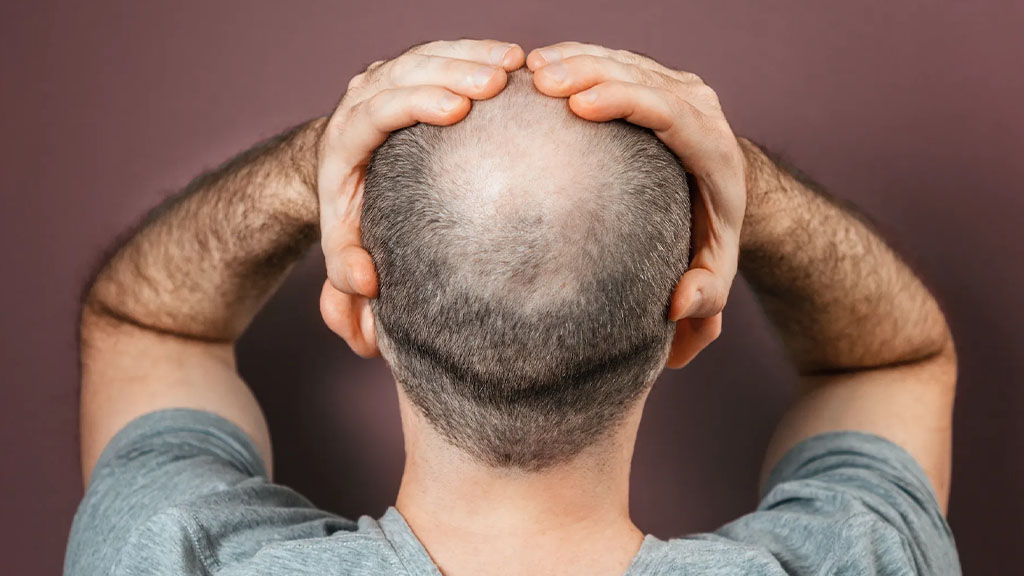- Web
- Feb 15, 2026
New research unveils potential cure for hair loss using deoxyribose sugar
-

- Web Desk
- Jul 30, 2024

WEB DESK: Researchers from the University of Sheffield in England and COMSATS University in Pakistan have potentially discovered a groundbreaking treatment for male pattern baldness—a common genetic condition that affects up to 50 per cent of men and 25 per cent of women by the age of 50.
The discovery was made while the team was investigating the use of naturally occurring deoxyribose sugar for wound healing.
According to New York Post, during their experiments with lab mice, the researchers observed that the fur around the treated wounds began to regrow more quickly than expected. Intrigued by these results, the scientists extended their study to examine the effects of deoxyribose on male mice experiencing testosterone-driven hair loss.
The application of a small dose of the sugar not only promoted the formation of new blood vessels but also stimulated hair regrowth in the mice. Sheila MacNeil, emeritus professor of tissue engineering at the University of Sheffield, commented, “Our research indicates that using deoxyribose sugar to enhance blood supply to hair follicles might be a straightforward and effective approach to treating hair loss.”
The gel developed from deoxyribose has shown similar efficacy to minoxidil, a commonly used hair loss treatment marketed as Rogaine. While minoxidil can slow hair loss and encourage regrowth, its results are not universally effective.
Currently, the Food and Drug Administration (FDA) has approved two main treatments for hereditary pattern baldness: minoxidil and finasteride (Propecia).
Finasteride, which is approved for men but not for women, has been effective in slowing hair loss for 80 per cent to 90 per cent of male users. However, it has also been linked to side effects including depression, erectile dysfunction, reduced libido, testicular pain, and suicidal thoughts.
Other treatments for hair loss include laser therapy and hair transplant surgery, while some individuals use a combination of red-light therapy, micro-needling, and topical treatments as recommended by anti-aging expert Bryan Johnson.
Given the limitations and potential side effects of current treatments, the new deoxyribose gel represents a promising, non-invasive alternative. If proven effective in humans, it could offer a novel solution for alopecia and might also aid in regrowing hair, eyelashes, and eyebrows following chemotherapy.
Read next: iPhone 16 Pro likely to be equipped with Wi-Fi 7 technology




